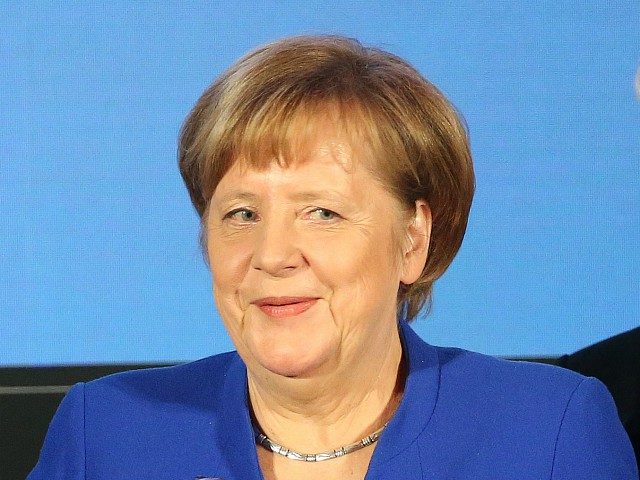FRANKFURT, Germany (AP) – Growth ground to a halt at the end of the year in Germany, Europe´s largest economy, as manufacturing remained in a slump and exports fell. The figure underlines the challenge facing the eurozone.
The state statistics agency said Friday there was zero growth in the fourth quarter and a mediocre 0.6 percent increase for the whole year.
Germany´s troubles are a central problem for the 19-country eurozone economy and the European Central Bank, which is trying to stimulate flagging growth and inflation with negative interest rates and bond purchases with newly printed money. Germany has been a manufacturing and export champion in recent years but those areas have been sluggish while consumer spending and services businesses have held up better and kept the country out of recession.
Carsten Brzeski, chief economist at ING Germany, said that recent hopes for a modest upswing were looking a little premature at this point. “In general, the German economy remains stuck between solid private consumption and a paralyzed manufacturing sector,” he said in an email.
Slowing global trade and the uncertainty caused by the U.S.-China conflict over trade have been one headwind. Another is structural change in industry, particularly the auto business, where companies must sink billions into developing electric cars and new services based on smartphone apps, both to meet regulatory pressure for lower greenhouse gas emissions and to head off competition from new entrants from the tech industry.

COMMENTS
Please let us know if you're having issues with commenting.